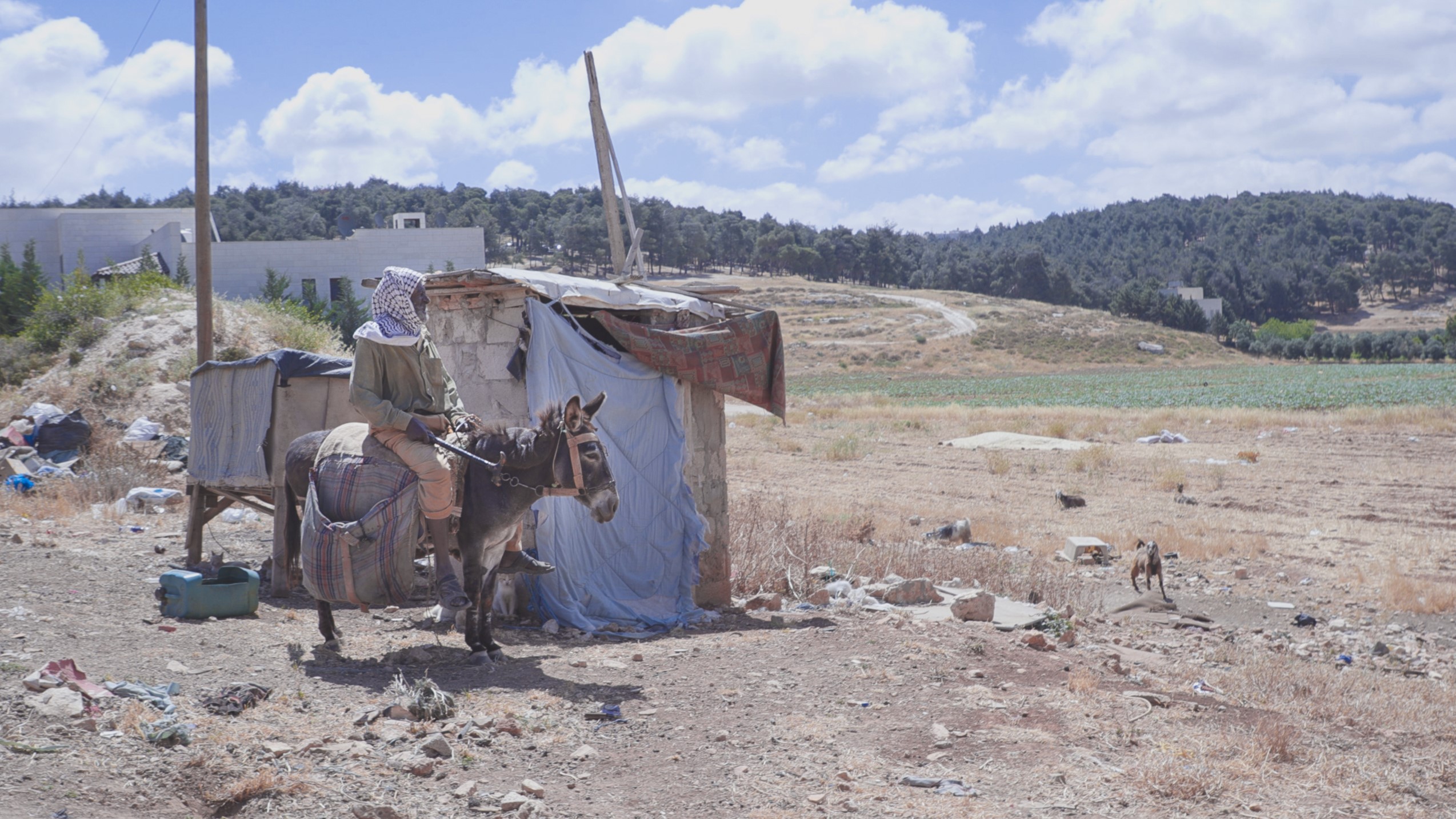Projects
Concrete Land
Asmahan BKERAT
- Jordan
- 90min
- mov
- color
Synopsis
Al-Najar is a Palestinian Bedouin family of three generations living in makeshift tents on agricultural land they don’t own. For the past 21 years, they lived as Bedouins with their different animals on that land. Awad is the family’s eldest grandfather. Awad is a second-generation Bedouin, and his daughter, Eman, is a sweet young girl coming of age. In recent years, the area has transformed into a high-class neighborhood. Their quiet Bedouin life is turned upside down when construction starts to creep up on them. Their new neighbors are focused on kicking them out of the area in order to "clean up" the neighborhood. When one neighbor files a complaint against the family with the local government, the threat becomes a reality, and the family is forced to make a choice. To continue to be Bedouins and find new land to occupy, or abandon their lifestyle and move to the city. The family is in a dire situation. They have conflicting dreams and inner desires, and the tensions between them and their new neighbors is rising. With no governmental policies in place to protect them, Awad now realizes they may have to move to a new peaceful area away from urbanization, restarting their bedouin life.
Review
When I was younger, I used to live in a farmhouse, until my parents decided to move to the city to be closer to school and other amenities. City life drove emptiness and sadness into me; my homesickness led me right into the lives of the Najars. I was driving on the same road I remember the school bus used to take, never realizing the Najar family lived just over the hill. When I met Hakima, I was visiting the area as usual, sitting on the hill, soaking the nature in, when I saw her walking down the road with her sheep-friend Badrya. My interest in the sheep sparked a conversation with her, and that was the beginning of our friendship. She later invited me for a cup of tea, and that’s when I met the rest of the family. Bedouin nomads have lived and prospered in Jordan for hundreds of years, but nomadism is in constant decline all over the world and due to the unavoidable pull of urban life, that way of living is on a steady path towards extinction.
Director
-

Asmahan BKERAT
Credit
- Producer반 마라카 Ban MARAQA
사하르 유세피 Sahar YOUSEFI
